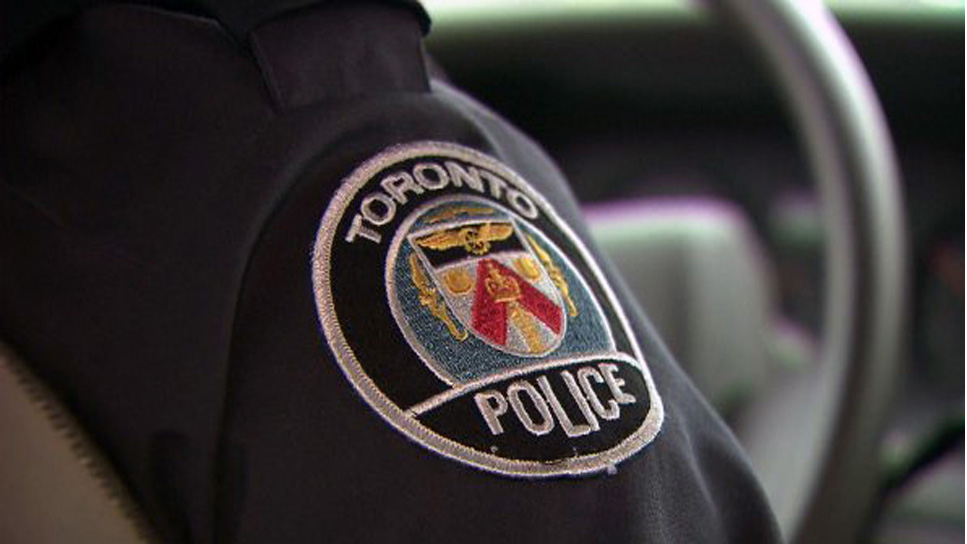Alaska city watches wastewater for signs of COVID-19

Posted December 2, 2020 8:09 am.
Last Updated December 2, 2020 8:34 am.
An Alaska city that is home to one of the nation’s busiest fishing ports has included wastewater testing among the mitigation efforts that could help maintain a low number of coronavirus infections.
Unalaska began testing its wastewater in July for traces of COVID-19, Alaska’s Energy Desk reported Monday.
The island community of about 4,500 year-round residents located on Dutch Harbor, 800 miles (1,287 kilometres) from Anchorage, has recorded 107 coronavirus cases, including 85 from a single factory trawler.
Despite the island’s first case of community spread two weeks ago, any virus in Unalaska’s waste remains below the detection level.
“If somebody has COVID-19, they’re shedding this virus in fragments,” said Karie Holtermann, lab manager at Unalaska’s wastewater treatment plant. “It’s in their GI tract, they’re shedding it into their feces, into their urine. And so we’re trying to pick that up in our testing here.”
The plant processes about 350,000 gallons (1,325 kilolitres) of waste and greywater daily, equating to about 70 gallons (265 litres) per Unalaska resident per day.
Sewage testing has been successfully used as an early detection method for other diseases such as polio, Holtermann said.
A Netherlands-based study concluded wastewater serves as an early warning system for coronavirus spread by detecting the virus in people who have not been tested or who have mild or no symptoms, Holtermann said.
“What they’ve all seen is that wastewater monitoring can predict an outbreak a week before showing up at the clinic,” Holtermann said. “And once it is shown that COVID-19 is in a community, it’s able to show the beginning, the tapering and the resurgence of an outbreak.”
If the virus levels increase with an influx of winter fishing season workers, the wastewater tests could pinpoint the part of town where the cases are focused, she said.
Holtermann takes two to three wastewater samples during peak flow times, dipping a bucket hanging from a rope at some of the 10 lift stations on the island.
“We go all around the clock,” she said. “So, at midnight, three o’clock in the morning — it’s a very interesting view of Unalaska.”
For most people, the coronavirus causes mild or moderate symptoms, such as fever and cough that clear up in two to three weeks. For some — especially older adults and people with existing health problems — it can cause more severe illness, including pneumonia, and death.










